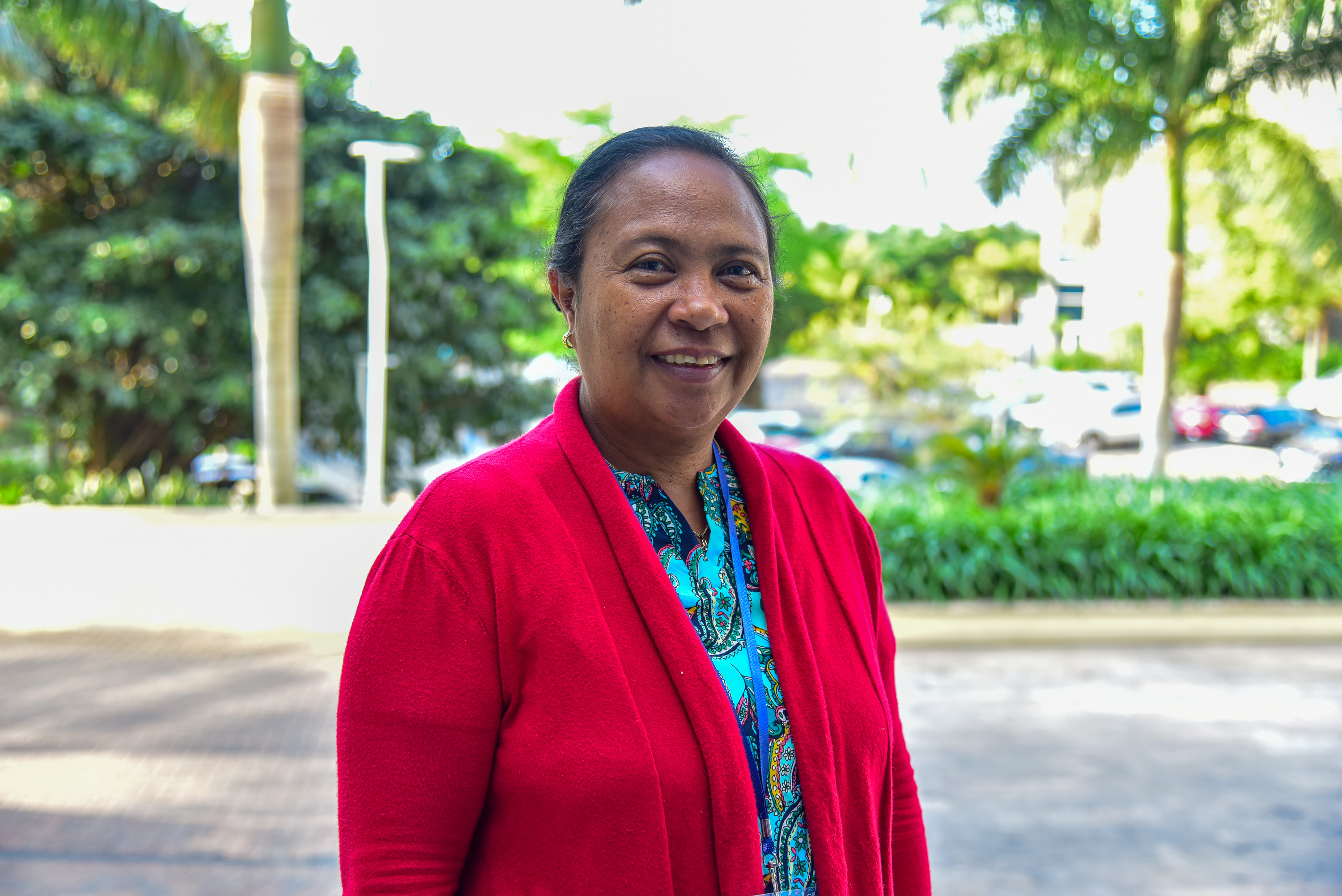Take Five: The great challenge of gender equality requires the commitment of everyone to reduce inequality
Date:
Hanitra Njatonirina is a Gender Specialist working with UNDP Madagascar. Hanitra and 50 other colleagues drawn from UN agencies across East and Southern Africa took part in a UNCT-SWAP Scorecard and UNCT GEM training that was recently held in Maputo, Mozambique, organized by the UN Women Regional Office for East and Southern Africa. The training aimed at bolstering the UN’s efforts to mainstream gender and promote gender equality in our work in the region.

How does your work address the issue of gender equality?
Gender is at the heart of all my activities, both in terms of programmatic interventions and operations.
You attended the first meeting of the Beijing Platform for Action. What were the main lessons you drew from it, and how have they influenced your approach to gender mainstreaming in your work?
At the Beijing Platform for Action, the main lessons I have learned were that the great challenge of gender equality requires the commitment of everyone - men, women and young people, from public, civil and private structures - to reduce inequality and to promote gender equality and women’s empowerment. I believe in and align myself with the words of the UN Under-Secretary General and UN Women Executive Director, Sima Bahous, who said "Only by leveraging coordination, normative supports and programmatic interventions we can make a transformative difference in the lives of women and girls".
What progress has the Madagascar UNCT made in gender mainstreaming?
Madagascar UNCT is mainstreaming gender in programming, operations and management through support for the government in promoting gender equality by updating the national gender equality policy, through the development of partnerships with NGOs defending the causes of women, girls and people living with disabilities, taking gender into account as an accelerator in achieving the Sustainable Development Goal, and finally, within the UNCT, the operationalization of the Gender Thematic Group, where gender focal points from each agency to boost interventions throughout the programming cycle, particularly in the development, implementation, monitoring and evaluation of the UN cooperation framework.
What are the remaining challenges to achieving gender mainstreaming in Madagascar and the region?
Several challenges remain to achieving gender mainstreaming. At community level, harmful norms restricting the empowerment of women and girls persist, such as tacit discrimination against women in the decision-making process, various forms of exclusion in social, economic and political affairs, and inequitable distribution of resources. It is necessary to strengthen the vision of gender mainstreaming in institutions towards a transformational perspective, challenging the root causes and not only remaining at the level of responses to specific needs, but moving towards strategic needs. With the laws and regulations, it is important to address gender issues, affecting vulnerable groups and groups left behind.
Can we expect gender equality to be achieved by 2030, and if not, what needs to be done now to speed up the process?
To achieve gender equality by 2030, we need to speed up the process by working closely with women and girls, vulnerable and marginalized groups to empower them. We also need to work closely with men, boys and those who hold power at different levels, formal and informal, states and traditional leaders for a gender balance. Make use of the various tools, effective strategies, through learning and mutual reinforcement while strengthening the commitment of each and every one, taking into account the country's context. I would like to thank UN Women for the rich training initiative on UNCT-SWAP Score card and GEM, which are effective tools for accelerating the process.